
Remembering Hiroshima 75 years later
On August 6 and August 9, 1945, the first nuclear bombs ever used in war were dropped on Hiroshima and Nagasaki, Japan. Survivors of the attacks are online remembering with the hashtag #Hiroshima75
World War II lasted six years in total, from 1939-1945.
Its Pacific theater ended when an American 29 bomber dropped an atomic bomb on a Hiroshima on August 6, 1945. It killed an overwhleming 80,000 people in one instant.
Thousands of people later died of radiation exposure. Three days later, a second bomb was dropped, this time on Nagasaki, Immediately killing 40,000 people, which forced Japan’s Emperor Hirohito to surrender World War II.
As the 75th anniversary comes, survivors are sharing the stories to make sure they live on, and remind us of one of the most tragic events in recent history.
"There is a sense of impending crisis that we don't have much longer to live."
— Bloomberg QuickTake (@QuickTake) August 4, 2020
Michiko Kodama is a hibakusha, an atomic bomb survivor. This year, she and other survivors took to an online gathering to share their stories on Japan's #Hiroshima75 and Nagasaki anniversary #被爆75年 pic.twitter.com/5mDkQYVg2i
The Economist interviewed survivor Takeoka Chisako. At the time of the bombing she was 17.. Chisake says she was running late, lifted a pocket mirror to her face and saw a flash followed by a bang.
She remembered regaining consciousness and found herself lying in a potato field 30 meters away with a mushroom cloud rising over the sky. She saw people with charred skin dangling from their arms.
Teruko Ueno told the BBC of surviving the atomic bomb at just 15 years old.
“I haven't been to Hell, so I don't know what it's like, but Hell is probably like what we went through. It must never be allowed to happen again,” Ueno said..
CONTENIDO RELACIONADO
Emiko Okada, another survivor, was only eight years old. Her sister, and four family members were killed in the bombing.
“My sister left home that morning, saying, 'I'll see you later!' She was just 12 years old and so full of life. But she never returned. No one knows what became of her,” said Okada.
She went on to talk about what her family’s experience was like afterwards.
“We had nothing to eat. We didn't know about radiation, so we picked up anything we could find without thinking about whether it was contaminated or not. Because there was nothing to eat, people would steal. Food was the biggest problem. Water was delicious! This was how people had to live at first, but it's been forgotten,” said Okada.
She added that her gums would bleed, her hair would fall out, and she was constantly exhausted. Twelve years later, she was diagnosed with aplastic anaemia.
The stories told on the anniversary week of a tragedy is to reflect on the violence that civilization has lived through, and the repercussions that it sowed, and persist today.


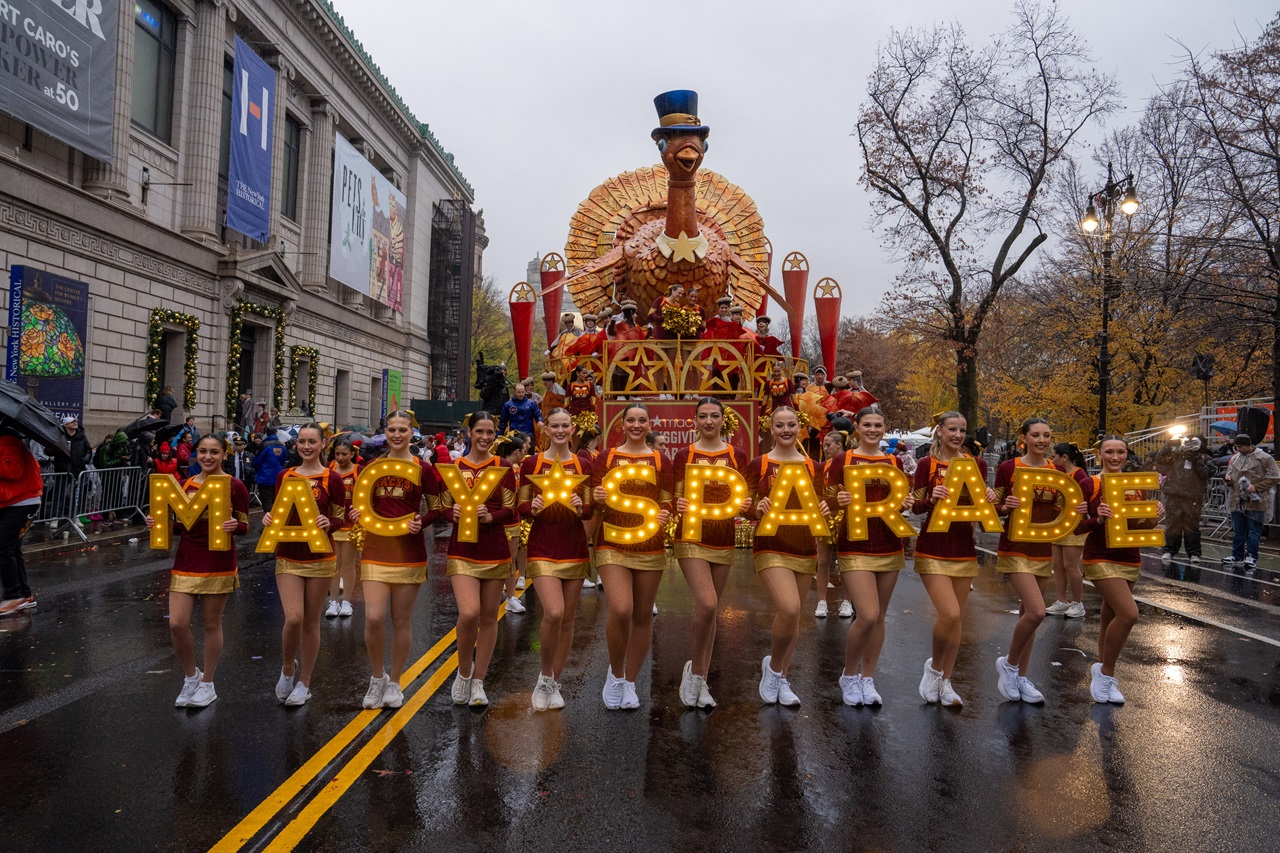
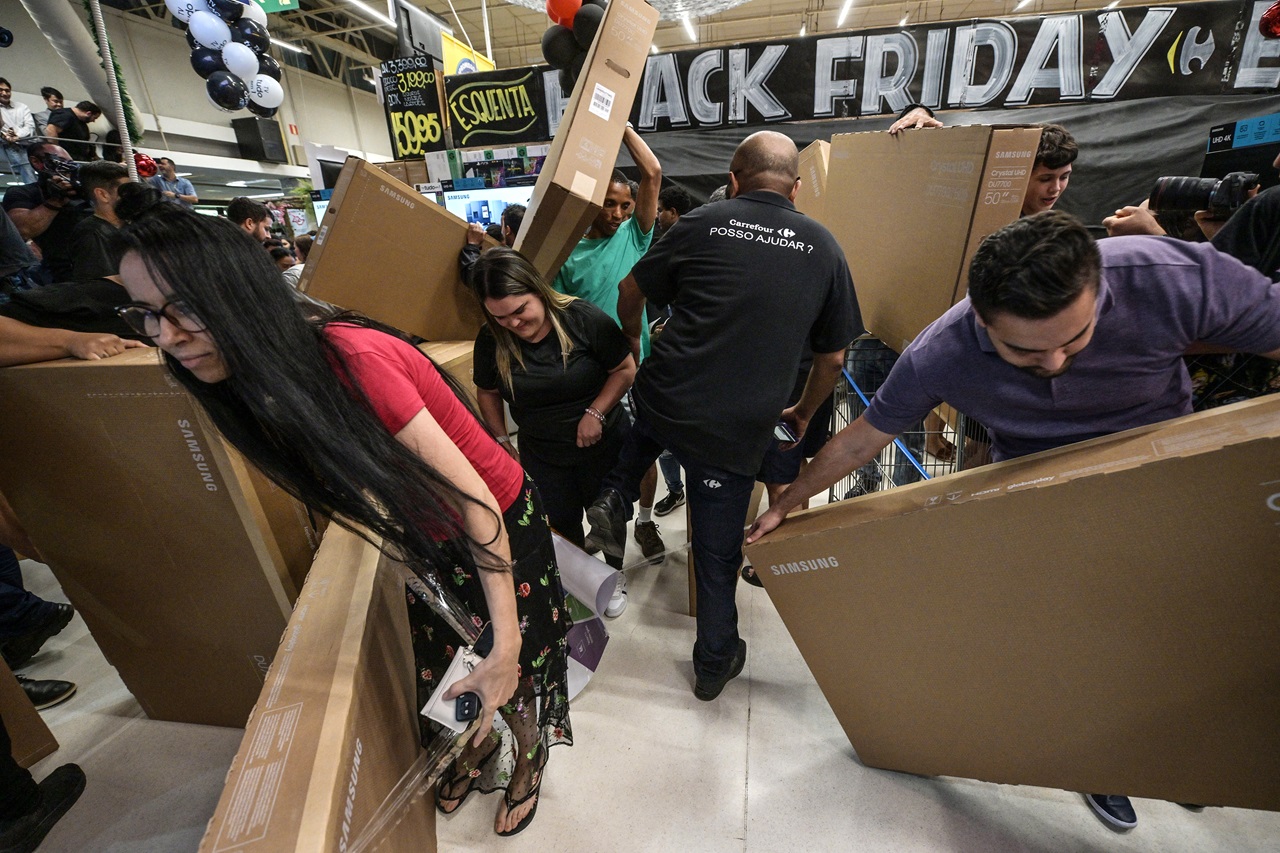
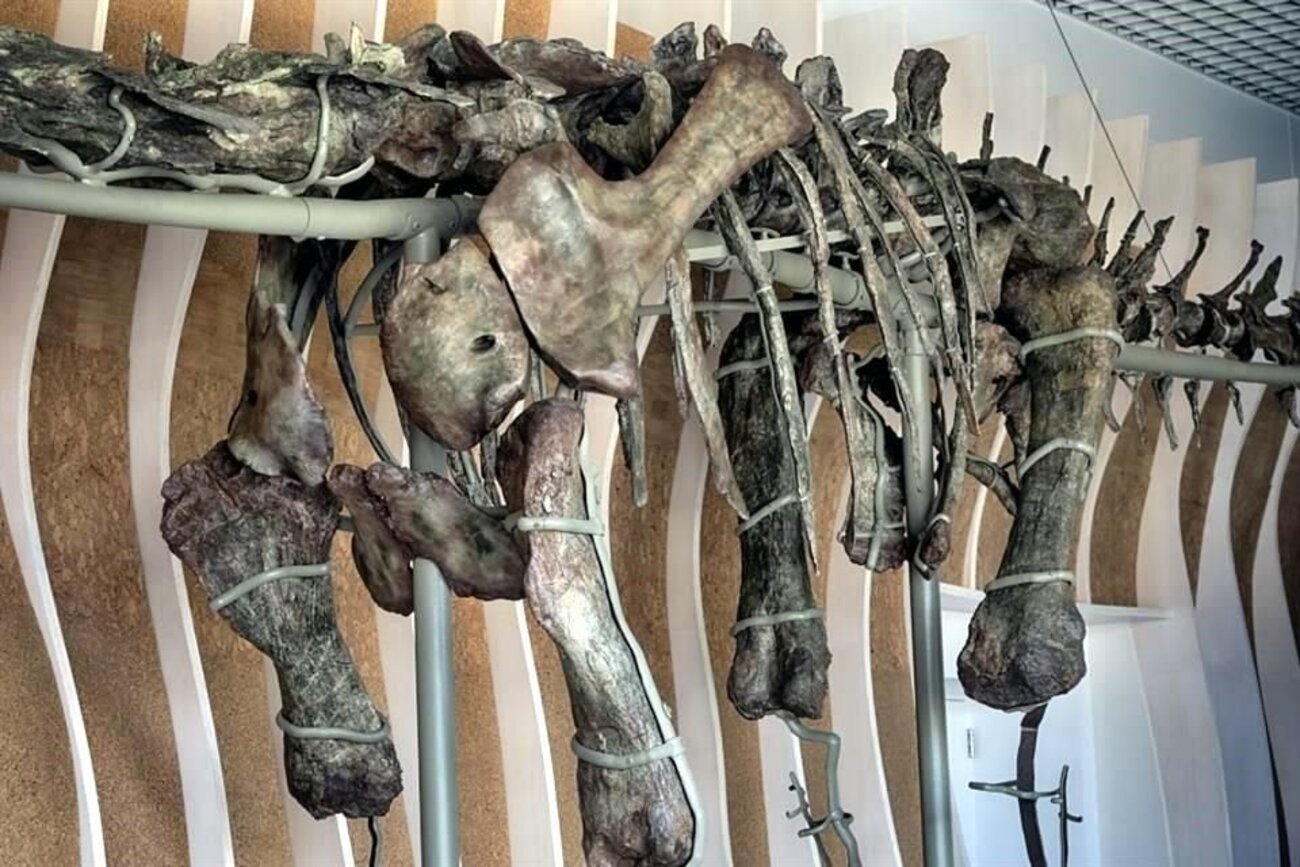


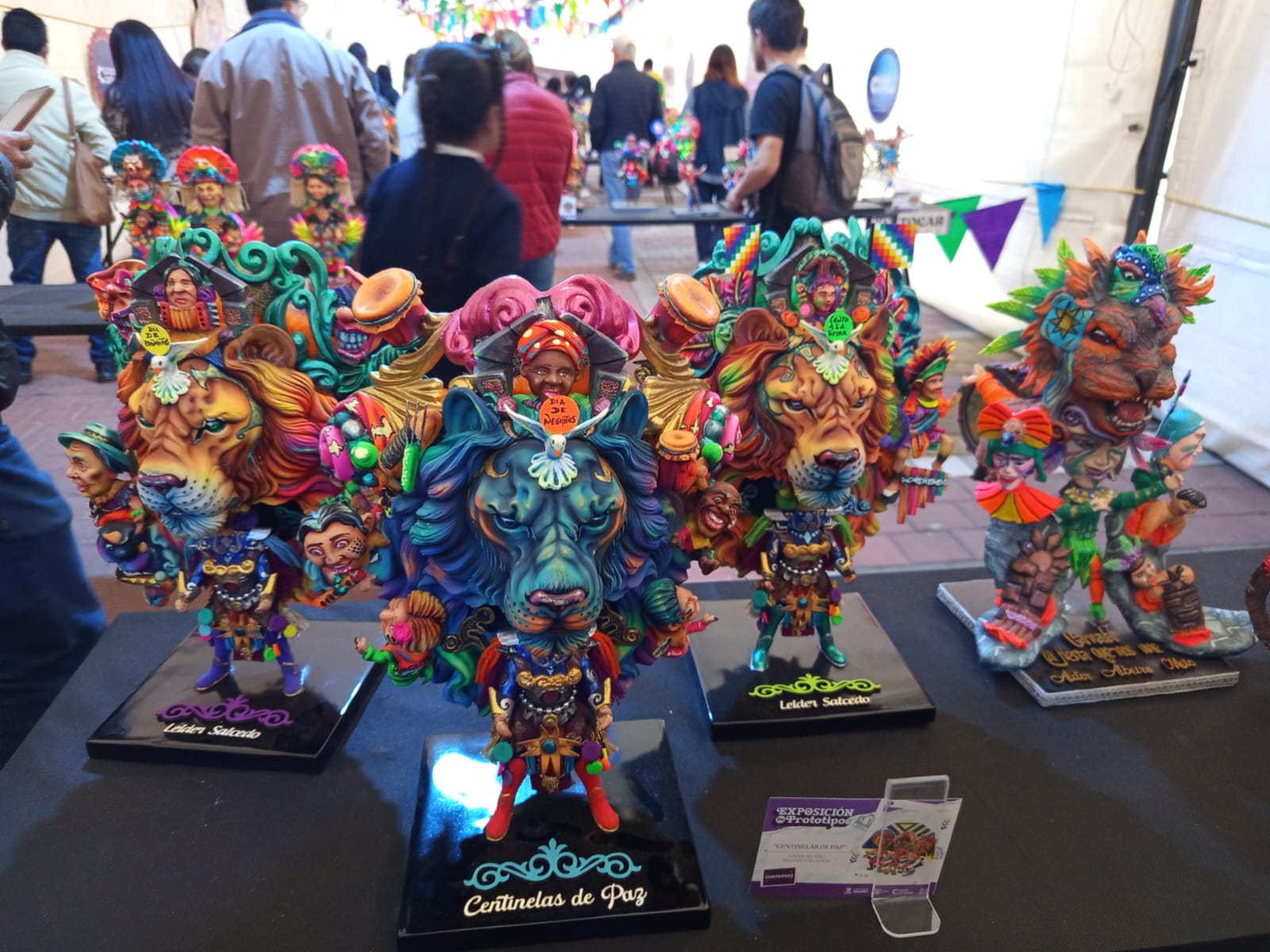
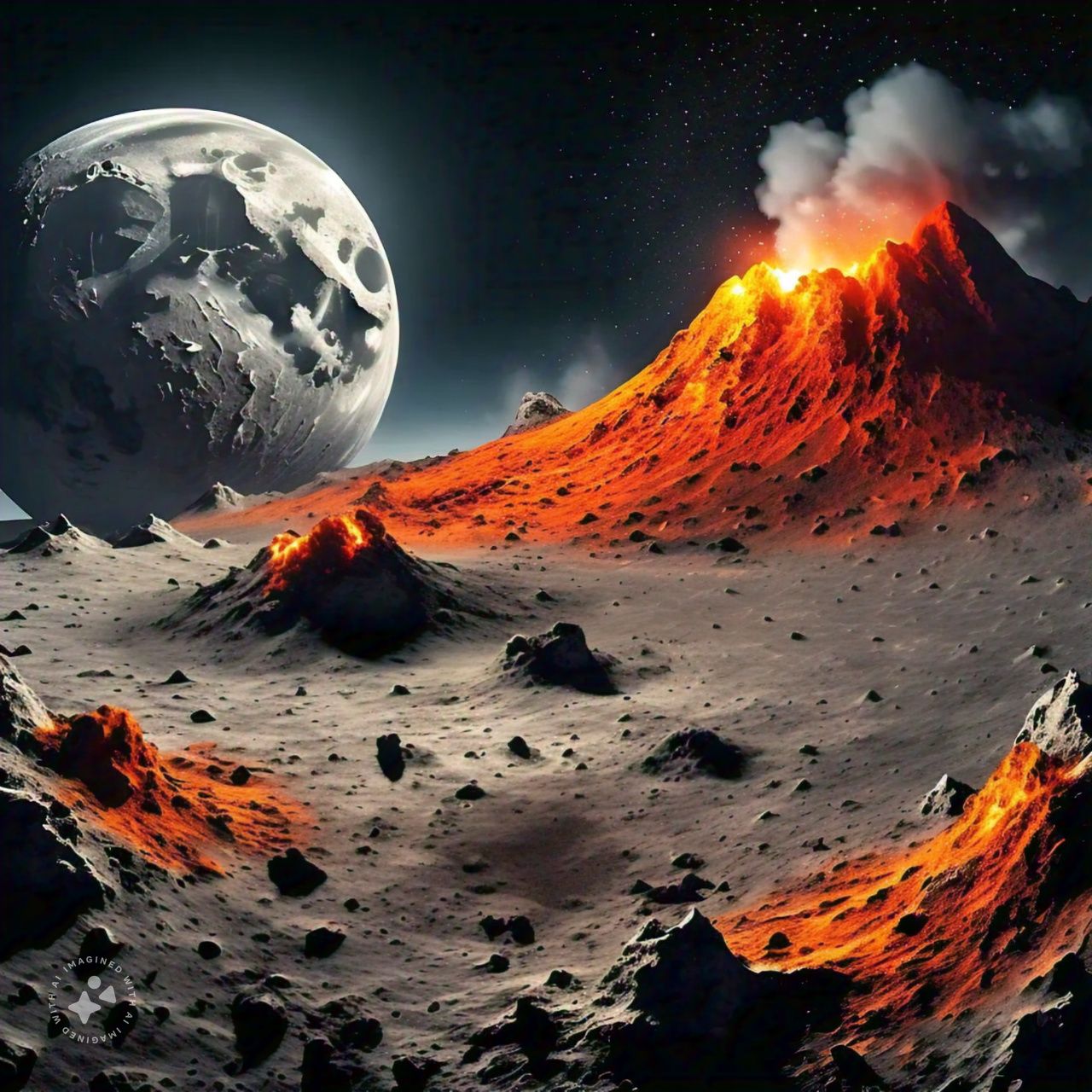

DEJE UN COMENTARIO:
¡Únete a la discusión! Deja un comentario.